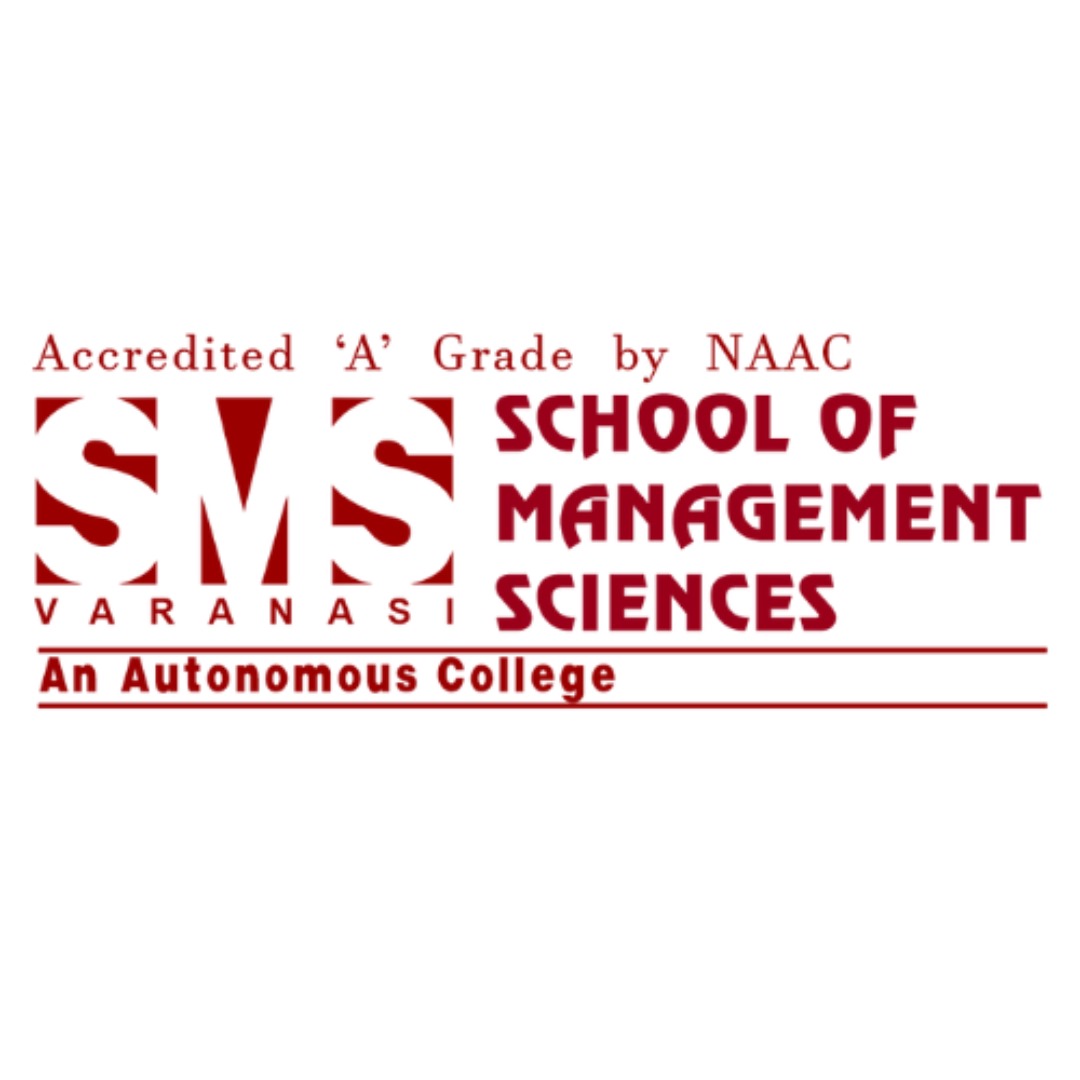Graduate Aptitude Test in Engineering (GATE) is one of the most competitive exams in India, essential for students aspiring to pursue higher education in top IITs, NITs, or to secure PSU jobs. One of the most commonly asked questions by students in undergraduate programs is: “How much CGPA is good to qualify for GATE?” While GATE is primarily an exam-based entry route, your CGPA does play a key role in eligibility, selection, and confidence levels. In this article, we’ll break down how CGPA factors into the GATE equation and what a student should aim for.
Understanding GATE Eligibility First
Before asking how much CGPA is good, it’s important to understand that CGPA is not directly considered while appearing for the GATE exam itself. GATE primarily tests your conceptual knowledge, reasoning ability, and technical skills. The eligibility to appear in GATE requires that you must be in the third year or final year of your undergraduate program or have already completed it in engineering, technology, science, or relevant disciplines.
However, CGPA becomes extremely important after the exam, especially when:
- Applying to IITs, NITs, and other reputed institutes for M.Tech/M.E.
- Seeking admission through CCMT (Centralized Counselling for M.Tech).
- Applying to Public Sector Undertakings (PSUs) using GATE scores.
How Much CGPA Is Good for Admission into IITs/NITs?
Each institute has its own set of cut-offs, both for GATE score and academic record. But as a general benchmark, a CGPA of 7.5 or above (on a scale of 10) is considered strong for admissions into top-tier IITs. Some key observations:
- IITs like Bombay, Delhi, and Kanpur prefer students with CGPA ≥ 8.
- NITs generally accept candidates with CGPA ≥ 6.5.
- IIITs and private universities may accept CGPA ≥ 6.0, depending on the branch and competition.
So, if you are targeting the top institutes, a CGPA of 8.0 or more is a safe range to keep your profile competitive.
CGPA Requirements for PSU Recruitment via GATE
Public Sector Units (PSUs) like BHEL, ONGC, NTPC, IOCL, and HPCL recruit candidates through GATE. While your GATE score is the primary filter, most PSUs also impose a minimum CGPA requirement, usually:
- Minimum CGPA of 6.0 to 6.5 on a 10-point scale, or
- 60–65% equivalent in case of percentage-based systems
Hence, how much CGPA is good becomes crucial if you’re targeting PSU jobs. While a CGPA just above 6 may technically qualify you, scoring above 7 or 7.5 significantly boosts your profile in case of tie-breakers or interviews.
Is There a Direct Correlation Between CGPA and GATE Success?
Not necessarily.
A student with a CGPA of 9.0 might not score well in GATE if they haven’t prepared for its unique question format. Similarly, a student with CGPA 6.8 can crack GATE with a high score if they have focused preparation. GATE preparation is independent of your academic scores—but a high CGPA often reflects discipline, which can help during GATE studies.
However, it’s worth noting that students with higher CGPAs may have a stronger foundation, which gives them an advantage when starting GATE prep. So while CGPA isn’t a direct predictor, it can serve as an indirect indicator of readiness.
What If Your CGPA Is Low?
If you’re currently below the ideal CGPA range, don’t panic. Here’s what you can do:
- Focus heavily on your GATE preparation. A high GATE score can overshadow a slightly lower CGPA.
- Apply to institutes where the CGPA cut-off is lower. Many good NITs, state universities, and IIITs admit candidates with CGPAs between 6.0–6.5.
- Look for sponsored M.Tech programs where work experience is valued more than CGPA.
- Improve your CGPA in remaining semesters if you’re still in college.
Remember, GATE is a second chance at proving your academic ability beyond your classroom grades.
Tips to Balance CGPA and GATE Preparation
If you’re still in college and aiming for both a high CGPA and a strong GATE score, here are a few tips:
- Start early. Begin GATE preparation by your second year itself.
- Choose overlapping subjects. Your semester subjects often form the basis of GATE topics.
- Maintain semester grades. Don’t neglect internal assessments and labs.
- Follow a timetable. Dedicate time weekly to both CGPA improvement and GATE mock tests.
- Use vacation time wisely. Summer or winter breaks are great for focused GATE revision.
Final Thoughts
So, how much CGPA is good to qualify for GATE? Technically, even a CGPA of 5.5 will allow you to sit for the exam. But if you’re aiming for IITs, NITs, or PSUs, your target CGPA should be 7.5 or higher. That said, GATE success depends far more on your dedication, preparation, and smart study rather than CGPA alone.
CGPA is your long-term academic report, while GATE is your entry ticket to higher opportunities. Both need attention. If you’re serious about your future in engineering or technology, work toward maintaining a solid CGPA while also investing in consistent GATE preparation.
By understanding the balance between the two, you can ensure that no door remains closed—whether it’s IIT, NIT, or a top PSU.
Read Also: CMA vs MBA: Which Is the Best Course After B.Com?






